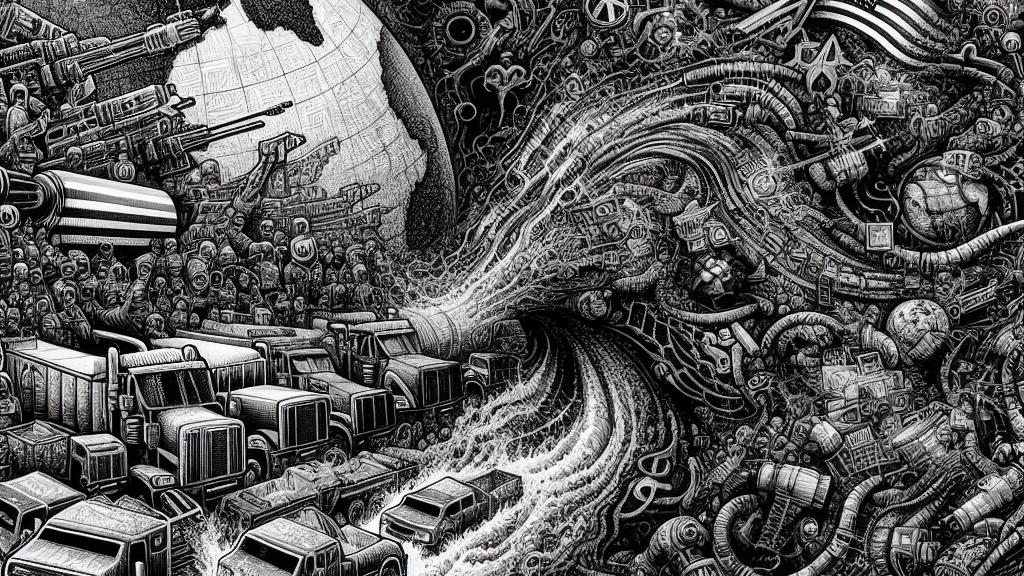Understanding Russia's Concerns About NATO Troops in Ukraine
Overview
- Russia adamantly opposes NATO peacekeeping troops in Ukraine, fearing potential violence.
- Key officials warn about the risks of 'uncontrollable escalation' fueling tensions.
- Russia is open to dialogue with U.S. leadership to navigate the crisis.

Russia's Firm Rejection of NATO Presence
In the midst of the unfolding conflict in Ukraine, Russia has drawn a distinct line against the potential deployment of NATO peacekeepers. Officials vehemently argue that this intervention would not only compromise Ukraine’s sovereignty, but also trigger what they ominously phrase as 'uncontrollable escalation.' Maria Zakharova, the Russian Foreign Ministry spokesperson, recently expressed these concerns, particularly responding to remarks from British and German leaders about contributing forces to a peacekeeping mission. These perspectives evoke historical memories; for many in the Kremlin, NATO’s approach is reminiscent of past encroachments that threatened national security. The fear is palpable, as Russia perceives NATO not just as a military alliance, but as a direct threat to its influence and stability in the region.
The Complex Dynamics of Peacekeeping
Now, let’s delve into the responsibilities and roles of peacekeepers. Typically, a peacekeeping force comprises military personnel from various nations, tasked with stabilizing conflict zones under multinational flags like the United Nations or NATO. Should NATO enter Ukraine, their mission would revolve around critical areas such as protecting civilians, monitoring ceasefires, and facilitating the restoration of law and order. However, the irony lies in the fact that while peacekeepers are designed to create safety, their presence can inadvertently sow distrust. Historical examples from regions like Kosovo illustrate how peacekeeping forces can either mend divides or exacerbate existing tensions, showing that the effects of such missions are not always predictable.
Striving for Constructive Dialogue Amid High-Stakes Tensions
Interestingly, even at this juncture of increased conflict, Russia has signaled its willingness to engage in diplomatic discussions. This was notably highlighted when U.S. President Donald Trump expressed a desire to quickly resolve the situation in Ukraine. Meanwhile, Ukrainian President Volodymyr Zelensky has pushed for a significant international peacekeeping presence, proposing that 200,000 European troops may be necessary to guard against any renewed Russian aggression. The stakes here are colossal; the introduction of such a force could very well become a decisive factor in maintaining peace or, conversely, could further inflame hostilities. This intricate balancing act of diplomacy illustrates how crucial dialogue can be; it is a lifeline that may determine the future of millions caught in the geopolitical storm.

Loading...